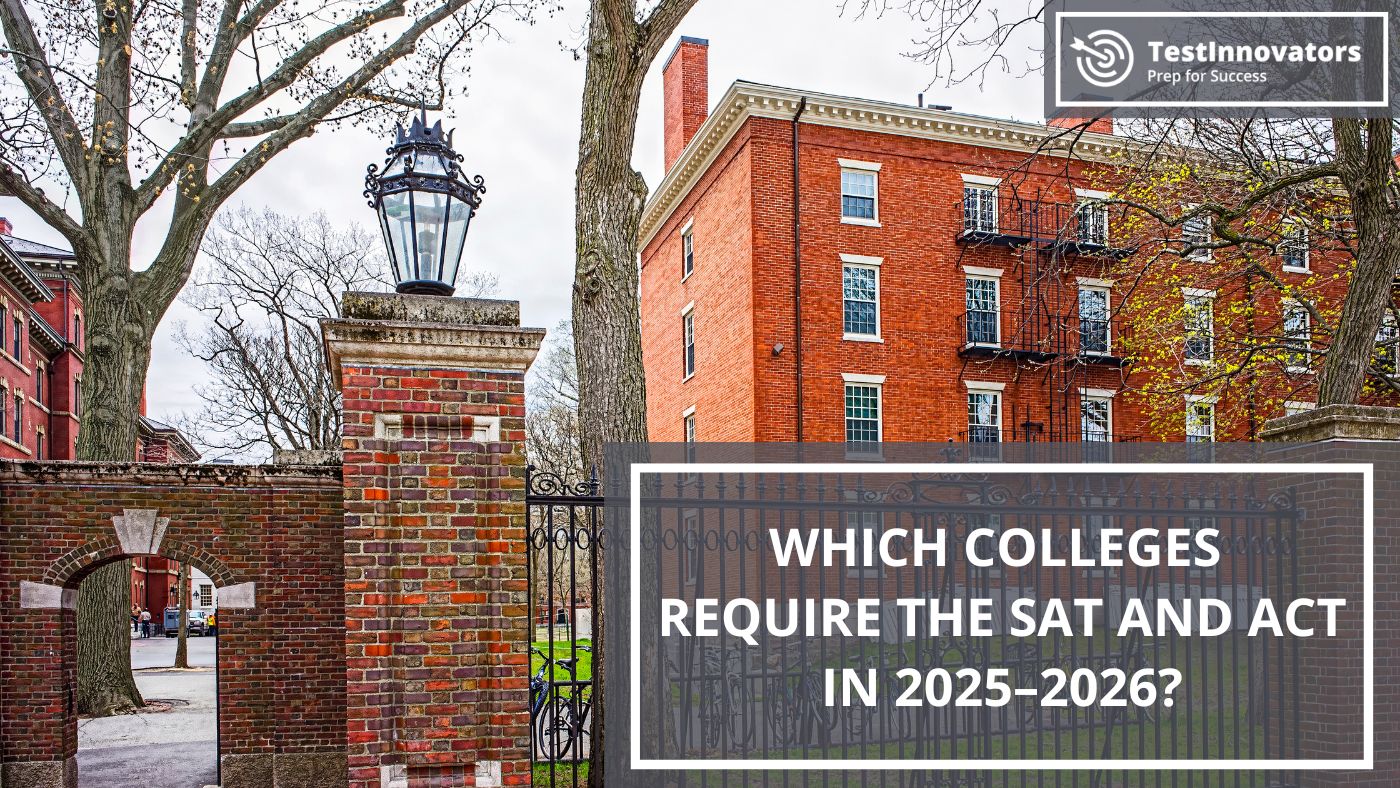5 Myths About the Digital SAT
Sara Laszlo2023-11-21T12:21:17-08:00There’s a lot of information circulating about the new digital SAT—some accurate and some not so accurate. So we wanted to address a few myths about the digital SAT.
Myth 1: All questions are worth the same number of points.
On the digital SAT, questions are weighted based on several factors, including difficulty (see College Board’s Understanding Digital SAT Scores). This means that correctly answering a more difficult question will increase your score more than correctly answering a similar easier question. In short, some questions on the digital SAT are worth more than others.
Myth 2: The digital SAT is adaptive, which means that the questions change as you move through the test, so you can’t skip ahead or go back to previous questions.
While it’s true that the digital SAT is a computer adaptive test, it is not a question adaptive test. The digital SAT is a mutli-stage adaptive or “section adaptive” test. Each section is divided into two modules. Module 1 has a mixture of easy, medium, and hard questions with a medium average question difficulty. Your performance on Module 1 will determine whether you get an easier or harder Module 2.
The questions in each module are pre-determined, which means that you are free to go back or skip ahead to any question within the current module. However, you cannot move onto the next module or go back to a previous module.
Myth 3: Only the second module really matters for scoring.
Section scores are based on your performance in both modules, so it’s important for you to do your best throughout the entire test (See Section 3.1.1 of College Board’s Assessment Framework for the Digital SAT Suite).
Remember that your performance in Module 1 determines whether you get the easier or harder Module 2. Getting the harder Module 2 will give you the opportunity to answer more difficult questions, which in turn gives you a higher score ceiling, because difficult questions are worth more. All that’s to say, Module 1 is also very important to your digital SAT score.
Myth 4: The digital SAT is easier than the paper SAT.
Many students find the new test to be a better testing experience because the test is about an hour shorter, has just two sections, and allocates more time per question. However, College Board has conducted extensive concordance studies to make sure the paper and digital tests can be used side by side as equivalent metrics. So, while the new test may feel easier, it is not actually easier than the paper SAT.
Myth 5: The SAT doesn’t really matter anymore, since so many colleges are now test optional.
While it’s true that many colleges no longer require the SAT or ACT, schools do still value test scores. When a college has a test-optional policy, it simply means that students can decide whether or not to submit scores with their applications; it does not mean that these scores are no longer a factor in admissions decisions.
So what does this mean for you? Should you bother taking the SAT or ACT? The short answer is yes.
Test scores really do serve a purpose in the admissions process—they provide admissions teams with a better understanding of you. Here are some things top schools have to say about submitting test scores:
“The SAT, ACT, and other standard measures can continue to be an important part of the University of Chicago’s holistic admission process for students electing to send scores and are a required part of the application process at many other highly selective schools.” (University of Chicago Application FAQs)
“Testing, in conjunction with your academic record and recommendations, helps us better understand your academic preparation. In this spirit, if you have taken the ACT or the SAT, we encourage you to submit your scores regardless of how they compare to the scores on Dartmouth’s class profile.” (Dartmouth’s Class of 2028 Applicants page)
“Yale’s internal research has consistently shown that standardized test scores are a significant predictor of a student’s undergraduate academic performance. When students include scores with their applications, the Yale Admissions Committee evaluates them within each student’s unique context and uses them to augment other academic indicators throughout the application.” (Yale’s Standardized Testing Requirements & Policies)
In short, you should take the SAT and/or the ACT. If you feel that your test scores do not accurately reflect your abilities and will therefore detract from your application, then you don’t have to submit your scores.
Taking a full-length practice test is the best way to familiarize yourself with the test and discover what you need to work on.
Students

Sara Laszlo
Sara Laszlo has nearly ten years of experience in private tutoring and test preparation, with a special focus on helping students prepare for the SAT and ACT. An opera singer by training, Sara is especially interested in exploring better ways to practice and improve skills, whether musical or test-related. She holds a B.A. in Classical Civilization from Duke University and a Certificate of Merit in Voice from the New England Conservatory of Music.









